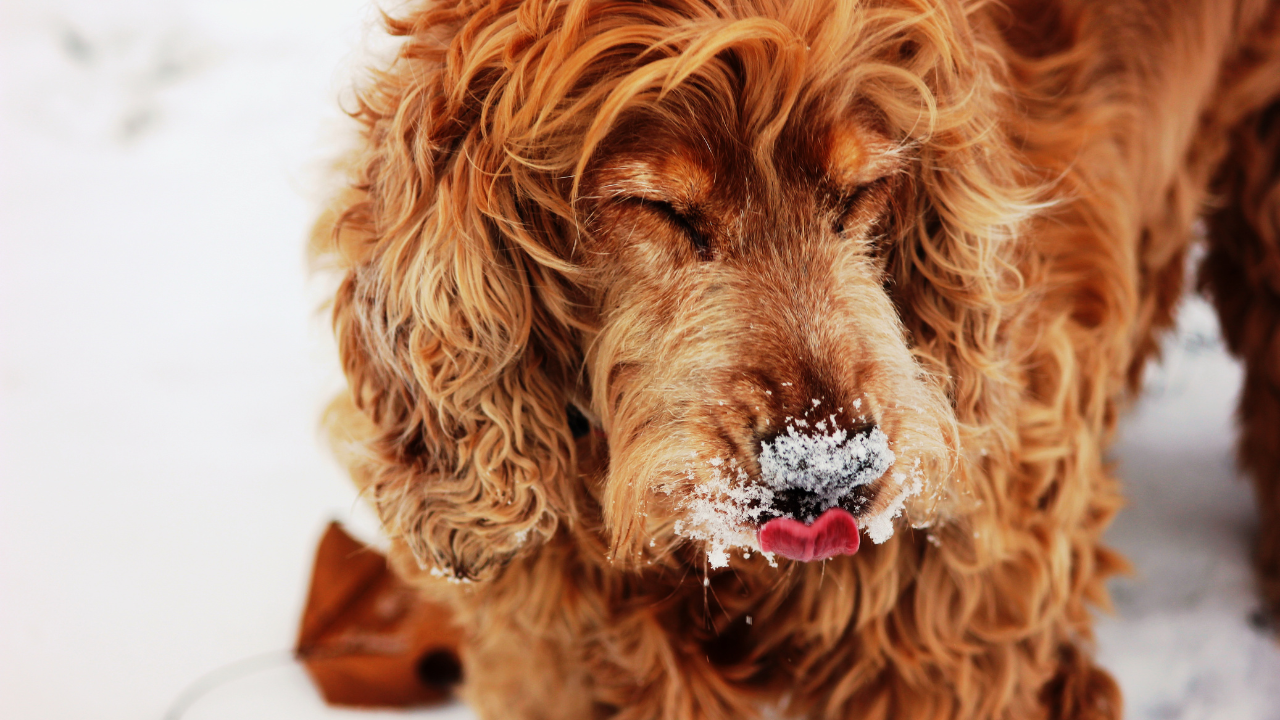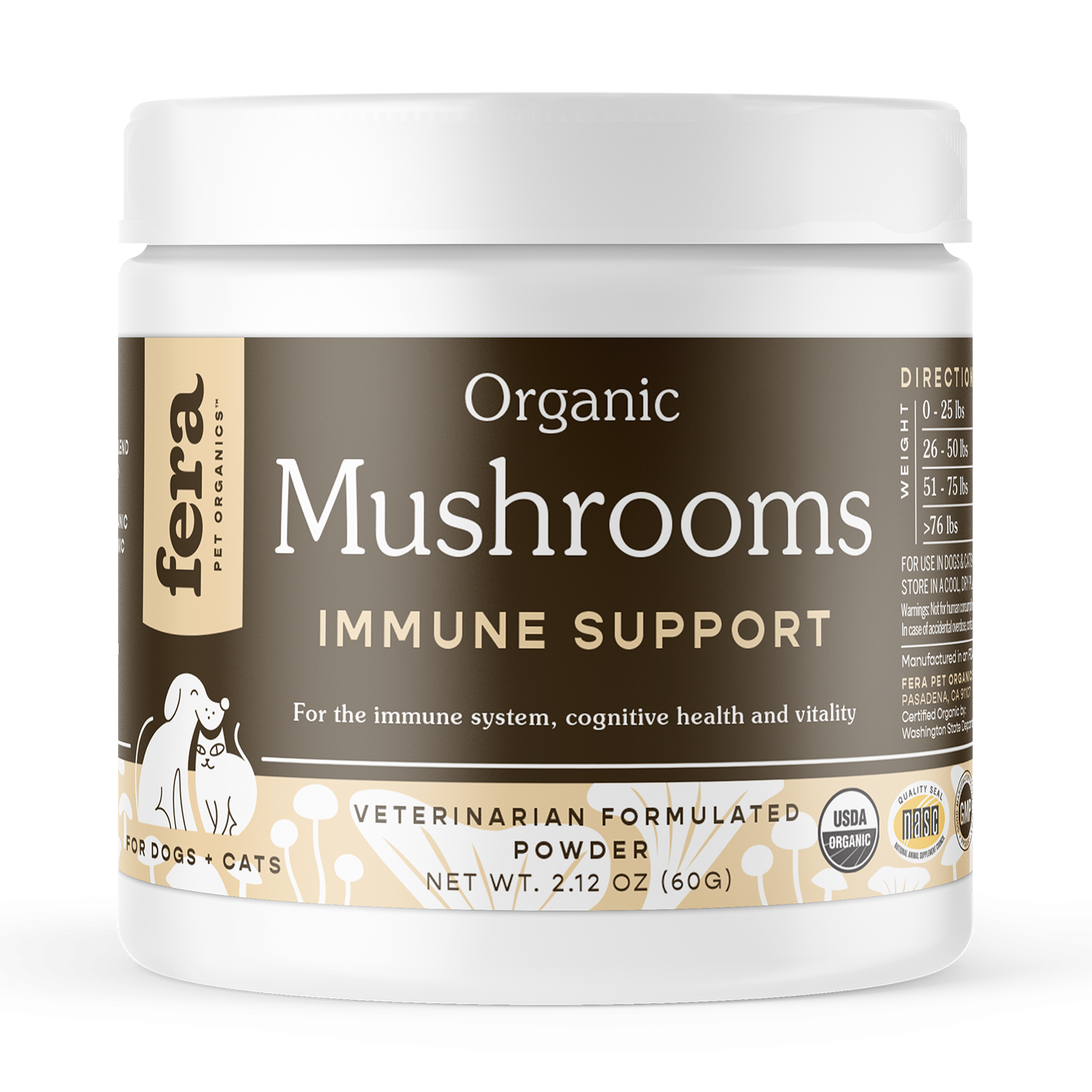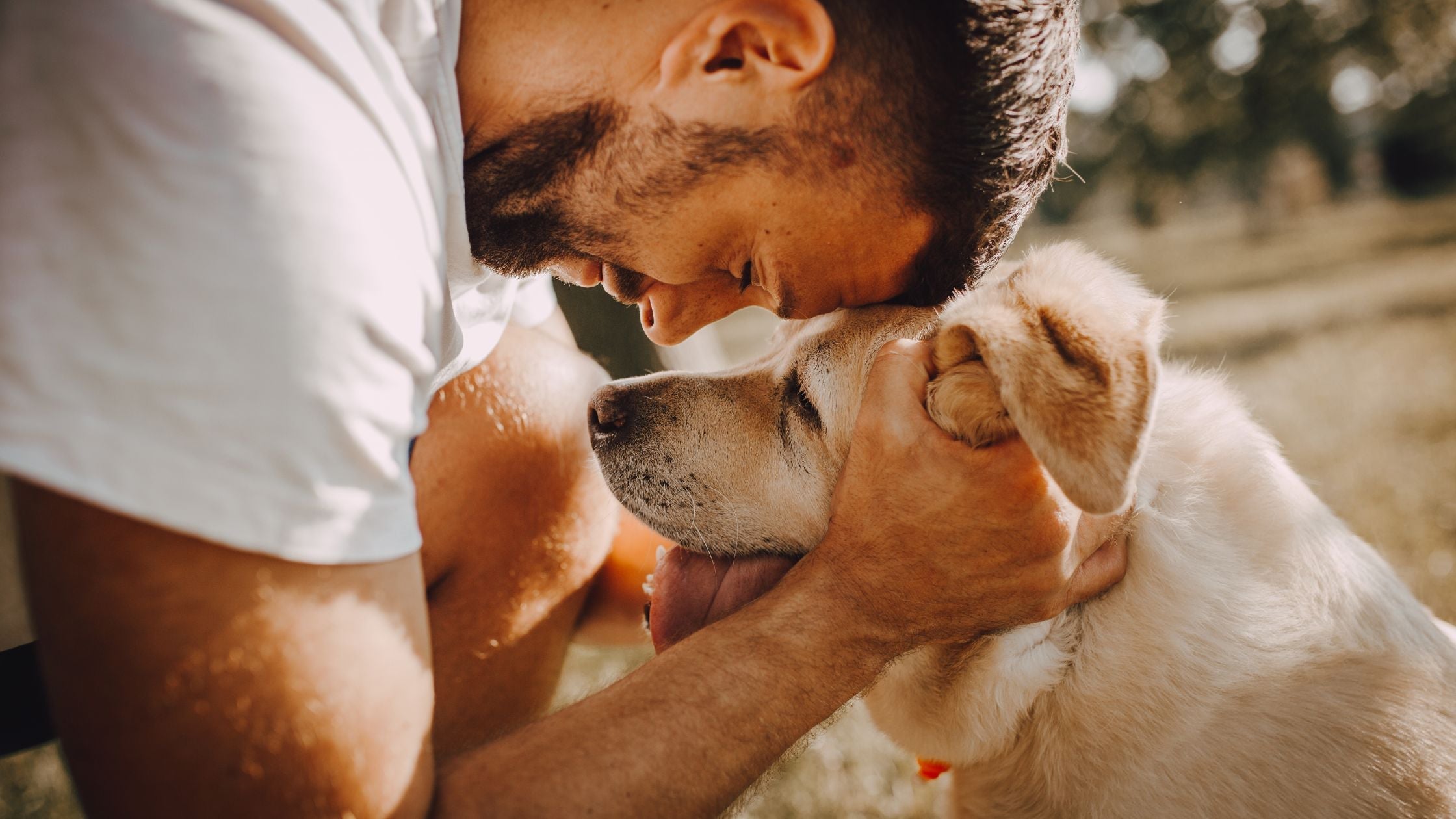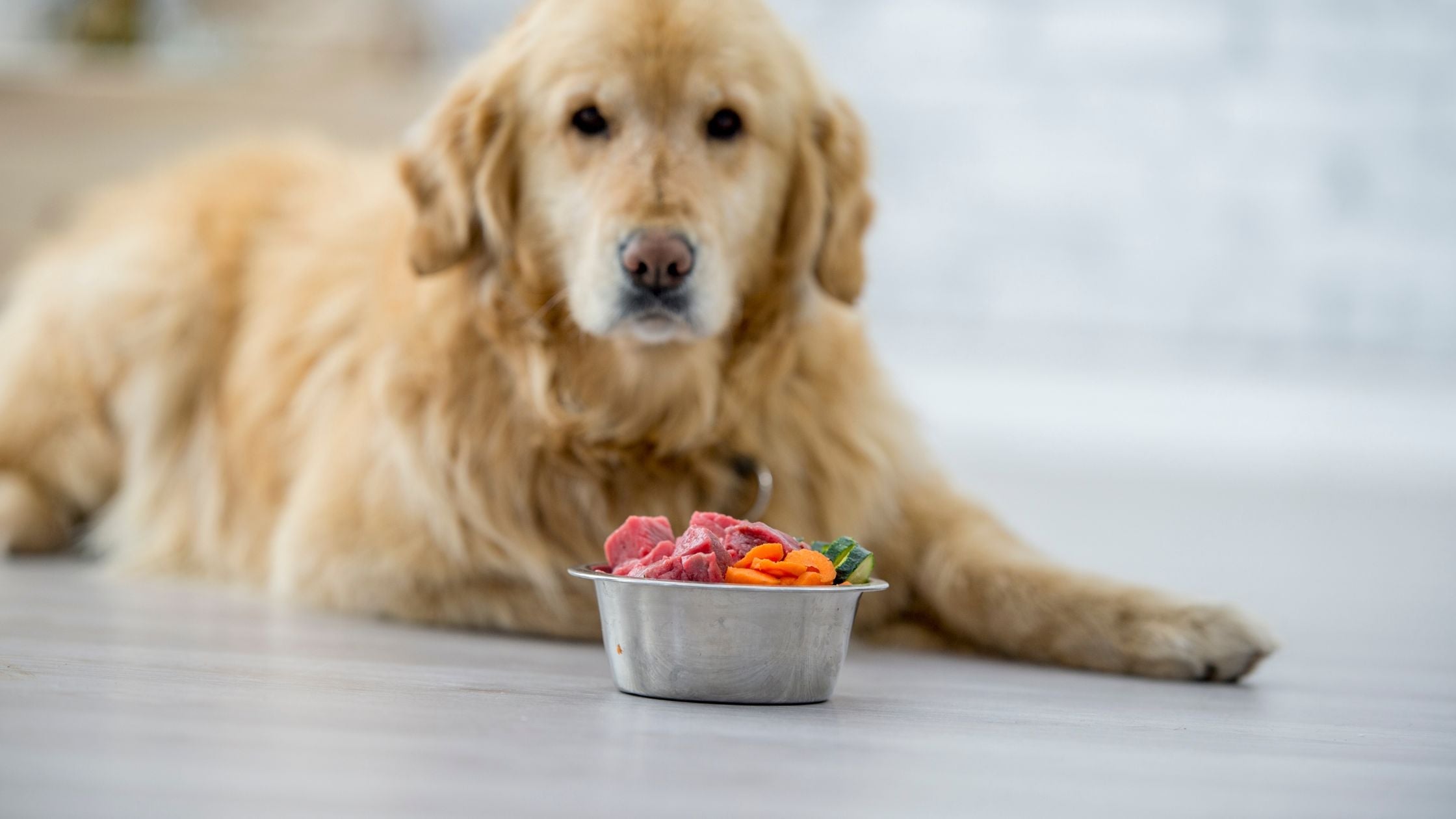7 Winter Safety Tips for Dog Owners
Unleash the power of 7 winter-proof techniques to keep your furry friend warm, comfortable, and safe! Explore dog winter jackets, boots, paw care, and more to make your pup's outdoor adventures a delightful experience, even as temperatures drop. Don't let myths about fur devalue your dog's comfort!
The temperatures are dropping but your dog still needs to go outside to use the bathroom and get exercise. Many people live with the misconception that because dogs have fur, they can tolerate the cold better than humans.
Here are 7 ways to keep your dog warm, happy, and healthy this winter.

- Winter Coat
If you need a winter coat to go outside, you should evaluate if your dog needs one too!
Dogs that need to wear coats in the winter include:
- Toy and small breed dogs like Chihuahuas and Yorkshire Terriers. Tiny pups like this can not generate and retain enough body heat to keep themselves warm.
- Dogs with bellies that are low enough to the ground to brush up against snow and ice.
- Dogs with haircuts alter their fur’s natural ability to keep them warm.
- Short-haired breeds with lean bodies, like whippets, should be protected from the cold.
- Senior dogs prone to conditions that make them more susceptible to cold temperatures.
- Hiking dogs. They can develop snowballs in their coats that can be very uncomfortable, especially when hiking. A coat prevents snowballs from developing.
There are many styles and materials to choose from when shopping for a dog coat. You will want to purchase a winter coat that protects your dog’s neck and belly.

- Boots
Although your dogs’ paws can handle walking on rough surfaces their ability to handle extreme temperatures is limited. Boots also protect your dogs’ paws from winter chemicals like road salts. A bonus is that boots can keep your dogs’ paws clean, limiting the mud, dirt, and snow getting tracked into your home. Boots can also protect your dogs’ paws in the summer months when conditions are too hot.
Here are 3 ways to tell if your pup is too cold and may need boots outside:
- Your dog is shivering
- They pick their paws when you are outside
- Your dog is licking their paw when outside
Ignoring these signs can lead to frostbite and damage to your dogs’ paws.
- Paw Care
It is important to take extra care of your dogs’ paws in the winter.
Keeping the hair between their toes trimmed stops uncomfortable snowballs from developing. This is very easy to do yourself at home but if you are not comfortable doing it yourself, you can take your dog to a groomer.
Winter salt is toxic and can burn your dog's foot pads. It is also harmful for your dog to lick these chemicals off their feet. Make it a habit to rinse or wipe your dogs’ feet after going for walks.
Your dog's foot pads can split and crack and dry out in the winter months. Using a moisturizing balm or salve is a great way to keep your dogs’ feet healthy. Salves can be purchased in easy-to-use applicators. We always recommend using a product that is organic and contains no additives or fillers.

- Winter Chemicals
As a pet parent, you need to be hyper aware of the winter chemicals being used in your home, neighborhood, and city.
Antifreeze is extremely toxic and can be fatal in even the smallest amounts. If you suspect your dog may have consumed antifreeze, seek veterinarian help IMMEDIATELY. Prevent your dog from having unsupervised access to areas like garages. A little prevention can go a long way.
It is almost impossible to avoid salt and ice melts in public places. These chemicals irritate your dogs’ paws and are harmful if consumed through licking their paws. Always wipe your dogs’ paws after visiting public places in the winter.
- Keep your dog on a leash
Walking your dog on a leash is always important, but here are 3 reasons why it's especially important in winter:
- Freezing temperatures can make it harder for your dog’s nose to use scent to find their way home if they become lost.
- Less sunlight and shorter days make it harder to find your dog in an emergency situation and make it harder for cars to see you on evening walks.
- Winter road conditions make it harder for vehicles to stop in emergency situations. And winter storms and winds can make visibility more concerning.
When walking during winter months, it is highly recommended that you wear reflective gear designed to keep you visible. Avoid going out during storms and times where visibility is decreased.

- Bedding
Providing your pup with a warm cozy place is important especially during winter.
If you have tile or concrete floors that get cold in winter, we recommend getting a raised dog bed. Make sure to place your dog's bed in a warm spot in your home and away from drafts. Preferably somewhere your dog already enjoys napping.
Heated pet beds are a great option for dog parents particularly for seniors.
Dogs will seek out a warm place to sleep. Always be aware of space heaters and fireplaces. Napping too close to these heat sources puts your dog at risk of getting burned and is a fire hazard.
- Never leave your dog in the car
While this should just be a rule that you ALWAYS follow YEAR ROUND, some pet parents think it's safe to leave their pet in the car in colder temperatures. Temperatures can drop quickly putting your pup at risk for hypothermia. Never leave your dog in a vehicle unattended.
Upgrade Your Pet’s Health the Natural Way
Unlock your pet's health potential with insights from industry expert veterinarian Dr. Michelle Dulake, who combines her vast knowledge and experience to create a thriving, happy life for your furry companion.
At Fera Pet Organics, we’re committed to using only the most natural high-quality ingredients to keep your furry family members healthy and happy for as long as possible.
We’d love to hear from you! What do you want to learn about next? Do you have any comments or questions? Reach us at hello@ferapets.com!





